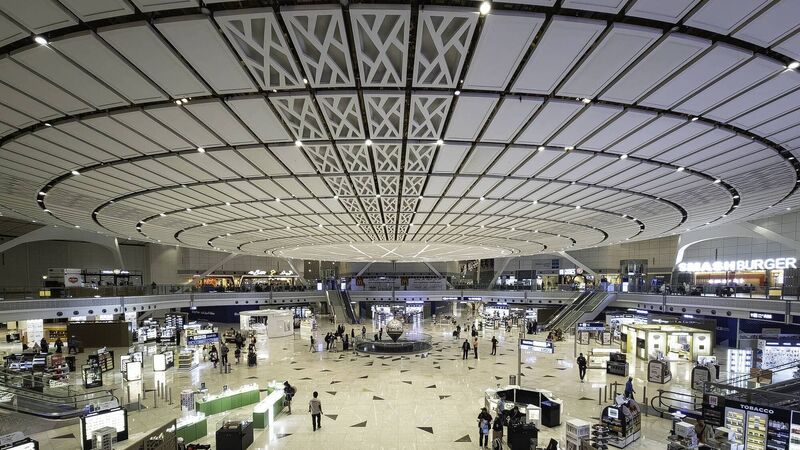Daa eyes expansion in Saudi Arabia and the wider Middle East

King Abdulaziz International Airport in Jeddah, Saudi Arabia is operated by Ireland's Daa. It accommodated 42.7 million passengers last year. Picture: iStock
Try from €1.50 / week
SUBSCRIBEWith the expansion of Dublin Airport being up in the air as it awaits a planning decision, the airport’s operator, Daa, is looking to grow its international operations, particularly in the controversial kingdom of Saudi Arabia.
Daa’s international arm encompasses a number of areas: It manages several international airports, provides advisory services, and operates duty-free shops in 27 airports.
Already a subscriber? Sign in
You have reached your article limit.
Annual €130 €80
Best value
Monthly €12€6 / month
Introductory offers for new customers. Annual billed once for first year. Renews at €130. Monthly initial discount (first 3 months) billed monthly, then €12 a month. Ts&Cs apply.
CONNECT WITH US TODAY
Be the first to know the latest news and updates
Newsletter
News and analysis on business, money and jobs from Munster and beyond by our expert team of business writers.
Push Notifications
By clicking on sign up you will be the first to know about a selection of business content on this browser. Please note if you are unable to sign up via your mobile web browser, download and sign up for mobile push notifications via our FREE news app.
Sign UpYou have accepted push notifications for this content. If you would like to manage your push notification preferences, you can do so here.
Newsletter
News and analysis on business, money and jobs from Munster and beyond by our expert team of business writers.
Newsletter
Keep up with stories of the day with our lunchtime news wrap and important breaking news alerts.

Newsletter
Sign up to the best reads of the week from irishexaminer.com selected just for you.
Wednesday, February 11, 2026 - 10:00 PM
Wednesday, February 11, 2026 - 10:00 PM
Thursday, February 12, 2026 - 6:00 AM
© Examiner Echo Group Limited